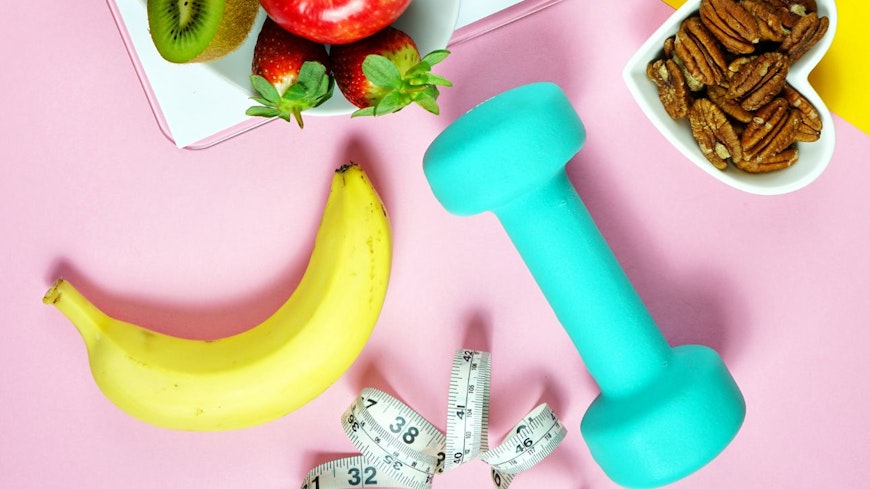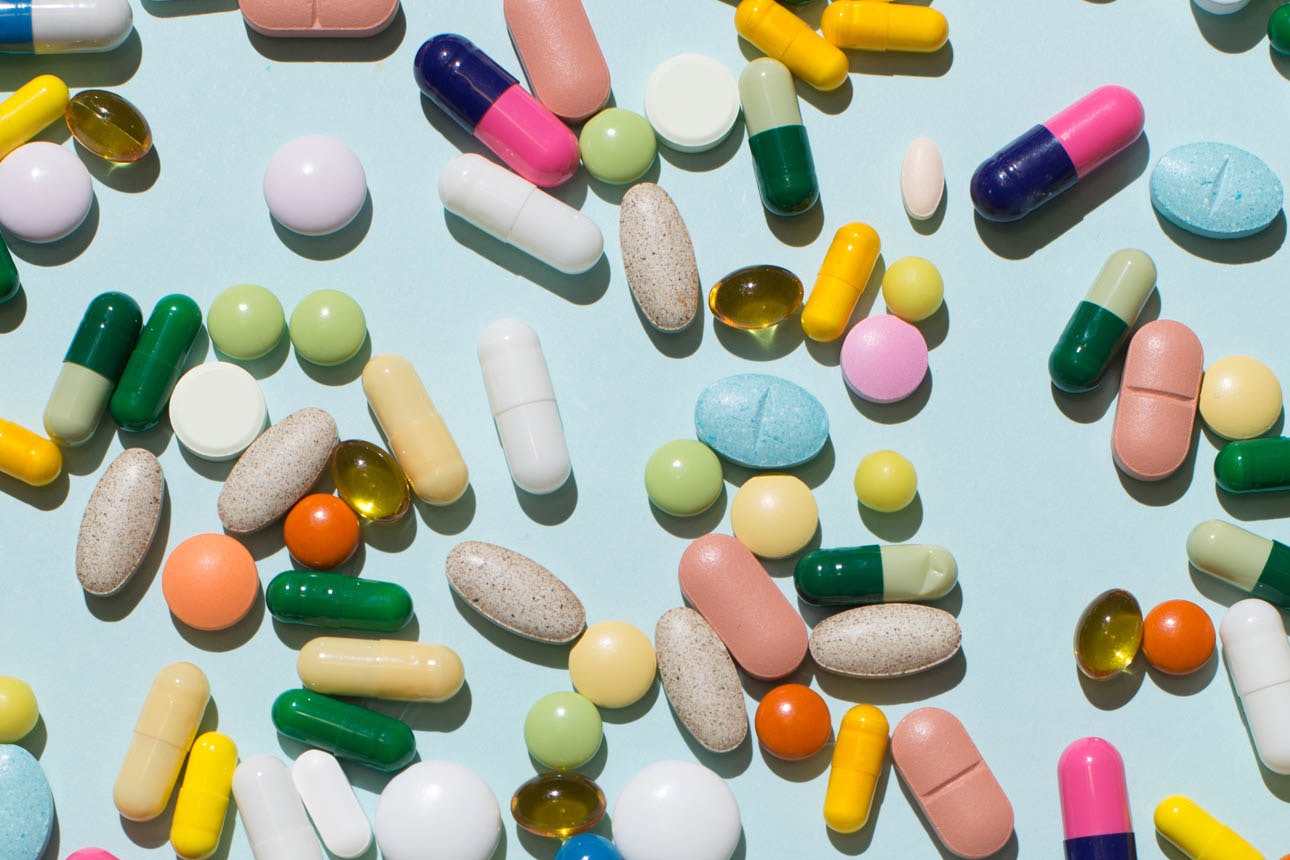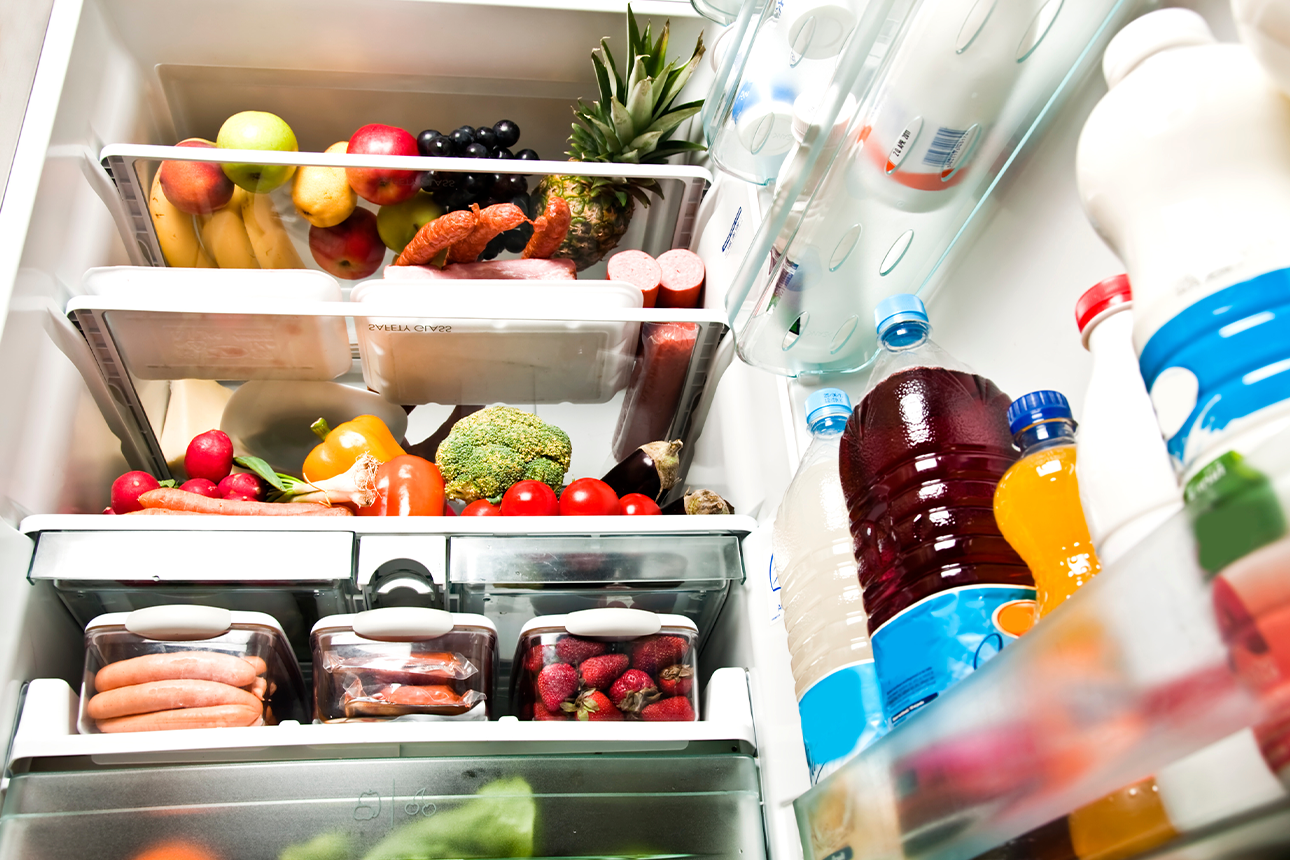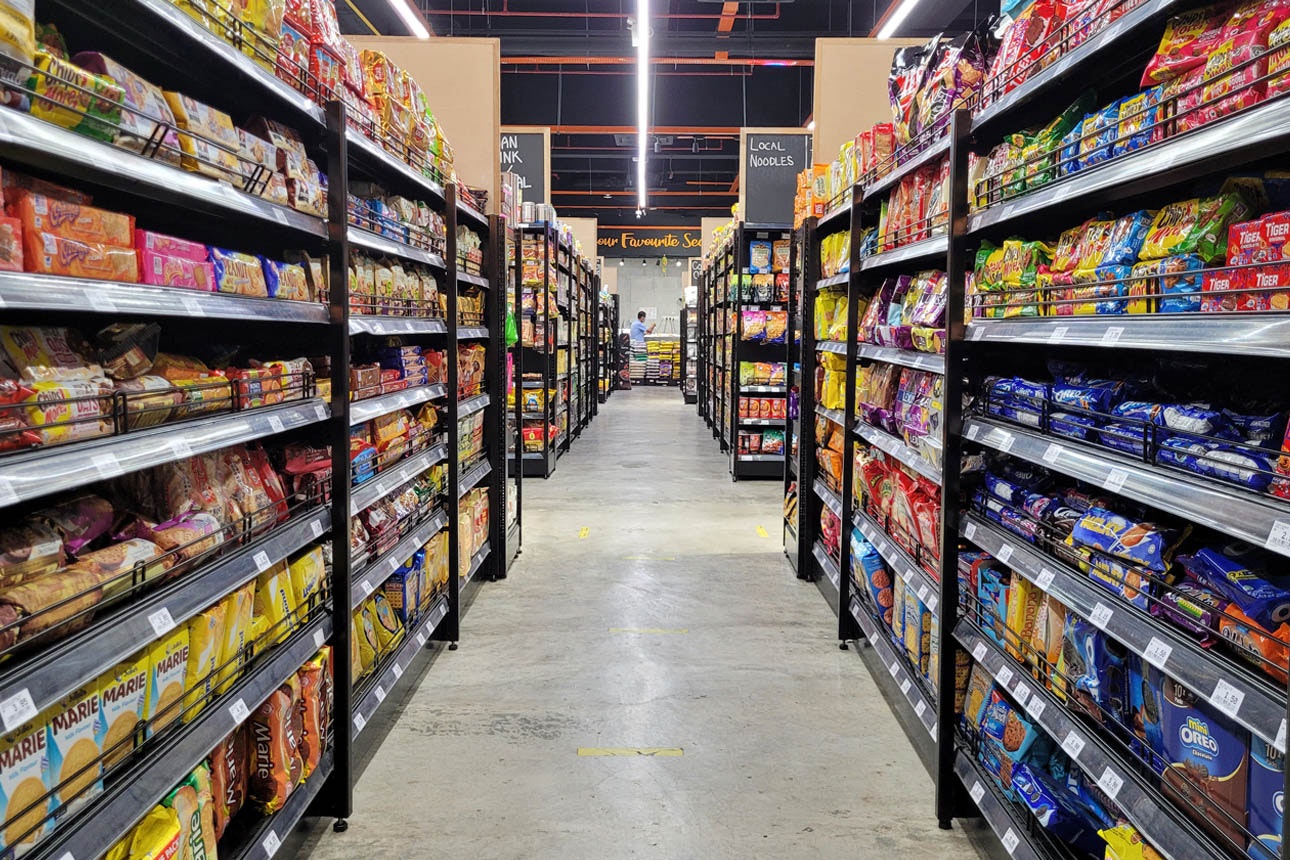
By Belinda Castles
Researcher | Kairangahau
Our health investigations have covered everything from hangover cures and detox kits that don’t work, to dodgy sunbed operators that are putting people at risk. Here’s a rundown of what we’ve found.

1. Over-the-counter hangover cures don’t work
Hangover cures promise to minimise the pain of a big night out. With scientific-sounding ingredients, these products sound like the perfect solution to a summer of socialising.
Mrykl says its product offers "detox and liver function support" and you can “enjoy socialising without sacrificing the next day”. Hydrodol Before is marketed as “hangover relief capsules” and claims to “reduce free radicals formed in the body”. On Livitup’s website, the company claims its Hangover Shield will ensure “you will not have to go through the terrible phase of a hangover or any side effects”.
However, in our investigation of hangover cures, Rob Walker, professor of medicine at the University of Otago, told us many of these products are likely to be pointless, especially if they don’t contain a painkiller like paracetamol, aspirin or ibuprofen, which none of the products in our investigation did.
So, what works? Professor Walker said your best bet to avoid a hangover is drinking less the night before. And although you might not feel like it, the following day, exercise is a good option. Exercise can help use up the excess aldehyde from the alcohol you’ve been drinking.
2. Don’t waste your money on detox kits
With claims such as “supports healthy liver and bowel function”, “fight back and clean out those toxins” and “helps manage sugar cravings”, detox kits sound like the perfect fix to kick start a new year.
A typical regime will have you taking herbal supplements and eliminating “toxins” such as caffeine, alcohol and refined sugars. Most plans also recommend drinking plenty of water and following their nutrition advice, which may include restricting key food groups such as dairy and protein sources. Then, at the end of the plan (anywhere from 2 to 10 days for the kits we trialled), you should be “cleansed”.
When we looked for scientific evidence to support detox regimes, we found the research was thin on the ground and dated.
We also asked a medical expert and a dietitian whether these pricey kits work. Both agreed we don’t have to cleanse or detoxify. According to our experts, detoxification occurs on a continual basis in the body – the kidneys, liver and skin are all detoxing organs.
Their advice. Skip the expensive detox kits and the pricey extras you’re recommended to buy. Spend your money on fruit and vegetables instead, and avoid excessive amounts of alcohol, caffeine and highly-processed foods.
3. Flavoured waters can be high in sugar and are also acidic
A still or sparkling flavoured water can be a refreshing alternative to a high-sugar soft drink or juice. But we’d been alerted by consumers caught out by Pams Soda Water with a Lemon Twist – called a soda water, they weren’t expecting the 3.2 teaspoons of sugar in a 250ml glass.
I was guilty of also buying this product, to find it tasted surprisingly like lemonade.
We analysed 17 flavoured still and sparkling waters and found there’s a big range when it comes to sugar content. Eight of the drinks contained added sugars from sucrose, fructose, apple juice or fruit nectar. Some also contain acids, so it’s a double whammy for dental health.
The dental expert we spoke to said sugary drinks have no nutritional value and are a concern because they replace healthier options, such as water and low-fat milk. Sugary drinks are also associated with tooth decay, weight gain, obesity and type-2 diabetes.
Thirteen of the drinks we looked at contained food acids, which are often listed under the ingredients by their additive code number. The acidity of drinks is a hidden danger and can lead to dental erosion.
Our experts recommend drinking plain water and ditching sweetened and acidic drinks for hydration.
4. Therapeutic products need better regulation
The market for natural health products is lucrative. A 2022 nationally representative Consumer survey found 51% of people took supplements or natural remedies daily.
Despite this, natural health products have been laxly governed by decades-old regulations that haven’t kept up with new products and ingredients. There’s been no pre-vetting of claims, and manufacturers haven’t had to get approval before selling their products.
The Therapeutic Products Act was set to introduce new regulations for this industry, so we were disappointed when it was repealed.
For years, we’ve been concerned about natural health products making claims we think don’t stack up.
Our investigation into BlackGold’s Organic Mushroom Elixir is one example. The elixir – a blend of powdered mushrooms – is designed to be taken daily, either mixed into hot drinks like coffee or added to meals.
The company claimed the product will lower cholesterol, blood pressure and stress, as well as claiming it may help prevent cancers. Despite the hefty price tag of $243 for a 6-month supply, it sounded pretty miraculous to us. The website even boasted celebrity endorsements.
The product was labelled as a supplement, but the statements and testimonials on its website made therapeutic claims, which by law only registered and pre-vetted medicines or medical devices can do.
We asked BlackGold to back up its claims, but it didn’t respond so we complained to the authorities.
Following our investigation and enquiries by Medsafe, BlackGold changed the wording on its website. Instead of making therapeutic claims, BlackGold states the elixir “may help support normal immune system function, mental clarity and focus, energy levels and physical performance, cardiovascular health, healthy aging and longevity”. The company has also removed the celebrity endorsements.
In the same investigation, we questioned whether brain drinks are legit, and in 2022 we mystery-shopped six sports supplement stores and found six products that contained seven illegal drugs.
It’s time this industry was better regulated to protect consumers from unsafe and misleading products.
5. Sunbed operators aren’t protecting at-risk consumers – still!
Using a sunbed is risky for anyone. But for people with fair skin and for those under 18, the potential for lasting and serious damage increases. None of our mystery shoppers should have been allowed to take a sunbed – but alarmingly, many of them were.
One operator allowed a 14-year-old to have a sunbed on two separate occasions at two different locations (in Palmerston North and Whanganui) – a clear breach of the Health Act 1956, which restricts sunbed use to people aged 18 and over.
Six operators (four in Auckland and two in Wellington) let a person with type-1 skin (fair skin, which burns easily or never tans) have a sunbed. Three of these operators were repeat offenders.
We’d like sunbeds banned. We’ve been mystery shopping sunbed operators for more than a decade. Every time, we find the lack of regulation and failure to adhere to the voluntary standard means consumers don’t have sufficient protection.
A sunbed ban is also supported by several agencies, including the New Zealand Dermatological Society Inc, Cancer Society of New Zealand, Melanoma Foundation, MelNet and the University of Otago’s Social and Behavioural Research Unit.
Consumers also support our call. In a 2023 Consumer NZ survey, only 17% of respondents did not support a ban, while 47% supported a ban and 36% were unsure.
Sunbeds are already banned in Australia, which has similarly high rates of skin cancer.


